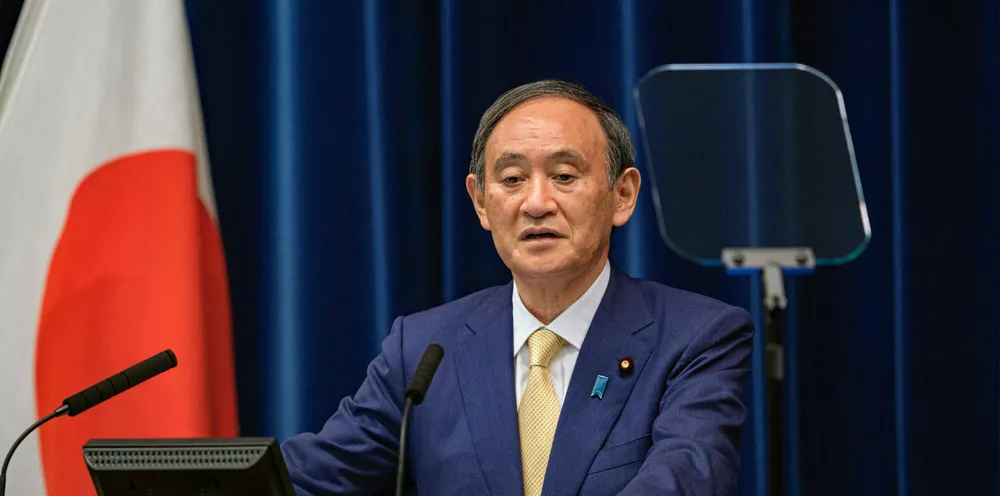Japan faces challenges to hit higher clean power targets, warn analysts
Nation lays out draft plans to boost renewables' share of generation as approval times and role of nuclear highlighted as potential pitfalls

Nation lays out draft plans to boost renewables' share of generation as approval times and role of nuclear highlighted as potential pitfalls
